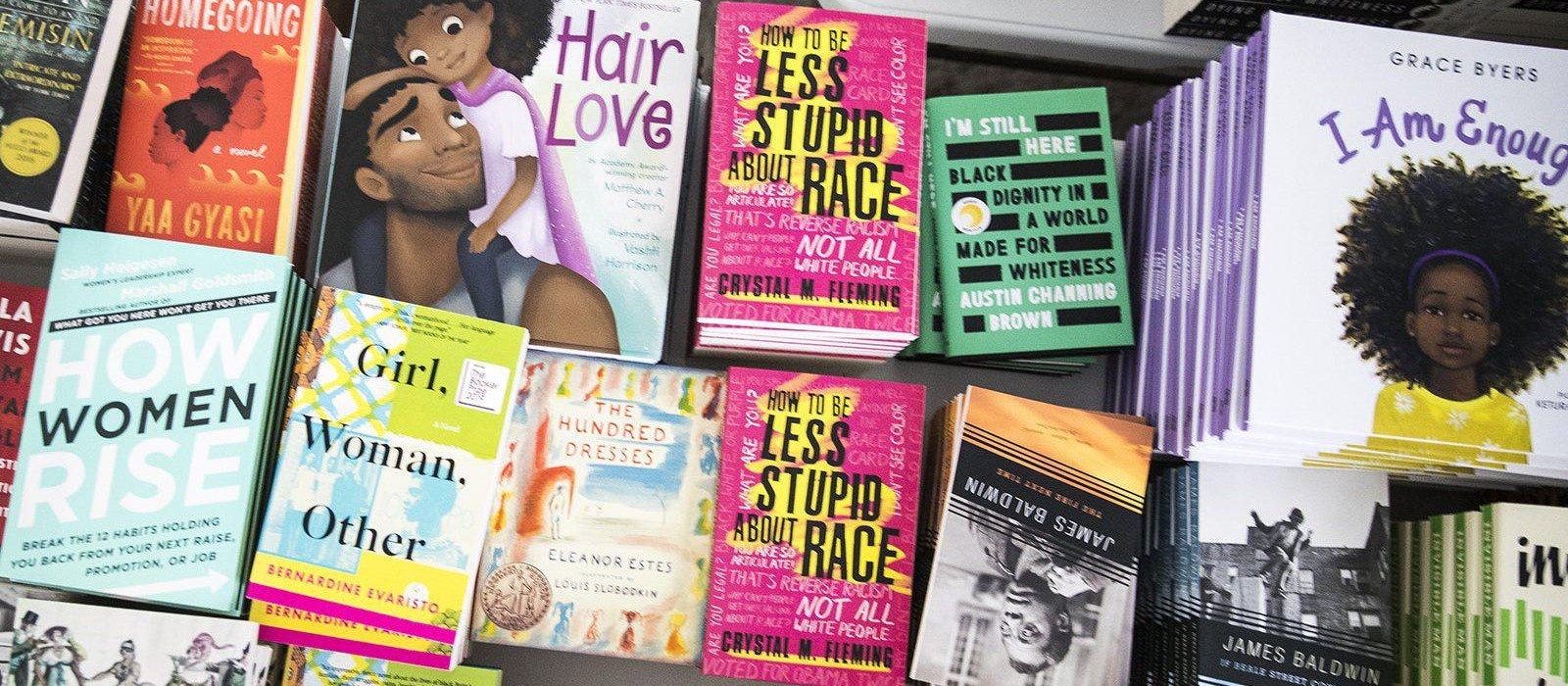Critical Race Studies at Carleton
Newly offered in 2021, the Minor in Critical Race Studies is administered through the Pauline Jewett Institute of Women’s and Gender Studies.
The Minor in Critical Race Studies explicitly foregrounds anti-racism, especially anti-Black racism, and decolonial practices, as central to social justice . Race will be examined in its historical context and through current social, political, and cultural practices. Students will be introduced to a diverse range of topics including: the historical roots of oppression, transnational feminisms, white settler-colonialism, privilege and power, social construction of race, socio-political conditions producing systemic and institutional racism, and the intersection of race with sexism, homophobia, transphobia, classism, and ableism. The goal of the Minor is to provide students with resources in Critical Race Studies that would allow them to learn about white supremacy, settler colonialism, Indigeneity, anti-Black and systemic and institutional racisms, and histories of racialization, migration, and diaspora in Canada. The Critical Race Studies Minor develops the foundation for public citizenship and is well suited for anyone interested in equity, diversity, inclusion and social justice.
Students will explore questions such as:
- How has race been defined and represented historically?
- How does privilege and power shape racism?
- How is racism experienced intersectionally? How does it operate in tandem with capitalism, sexism, homophobia, transphobia, and ableism?
- How does whiteness as a systemic and structural concept inform our lived experiences in white settler societies like Canada?
- What are the opportunities for connection and collaboration amongst racialized and Indigenous peoples across Canada?
- How can anti-racism work in solidarity with decolonizing initiatives?
- What research approaches and critical methods are available for addressing race and racism?
The Minor consists of one required 1.0 credit in WGST 1808 or FYSM 1402, 0.5 credit in CRST 2001, and 2.5 credits chosen from a list of existing courses drawn from various contributing departments. The program will be of particular interest to those who are interested in Critical Race Studies, who have lived experiences with racism as well as those interested in community organizing and activism, such as social justice, anti-racism, decolonization, human rights, migration and diaspora, and other relevant fields.
News and Research
Events
There are no upcoming events scheduled at this time.
CRST Course Descriptions
CRST 2001 [0.5 credit]
Introduction to Critical Race Studies
In this introductory course we will explore the foundations and central tenets of critical race theory, its interdisciplinary debates, applications, and evolutions. Historical roots of oppression, white settler-colonialism, understanding of privilege and power, social construction of race, socio-political conditions producing systemic and institutional racism, intersections with sexism, homophobia, transphobia, classism, and ableism. We will explore questions such as: What is race? Is it biological or a social reality, or both? What is meant by racialization? How is knowledge production racialized? How is space racialized? This course explores the experiences of race and racialization in historical and contemporary society. Furthermore, this course will discuss the profound implications of systems of racialization and privilege and the ways in which they operate in the daily realities of a settler colonial state. How does whiteness operate in our daily lives and what does that mean for Canadian everyday?
CRST 4001 [0.5 credit]
Advanced Critical Race Studies-Contemporary Critical Race Stories
In this advanced interdisciplinary seminar, students will explore issues of race, colonialism and feminisms including theories of racial and cultural difference, structures of privilege and power, and forms of resistance. Intersectional theoretical approaches to anti-colonial and feminist analyses of racial subjugation, and engagements with Black, Indigenous and women of colour feminisms. This semester students will explore storytelling. How have the stories of racialized people been told? Who has the right to tell these stories? And what does it mean when our stories conflict or are contradictory? This course will use multi disciplinary and multi media interpretations of the stories of racialized people to consider how can these stories move people to create a better and more just world?
